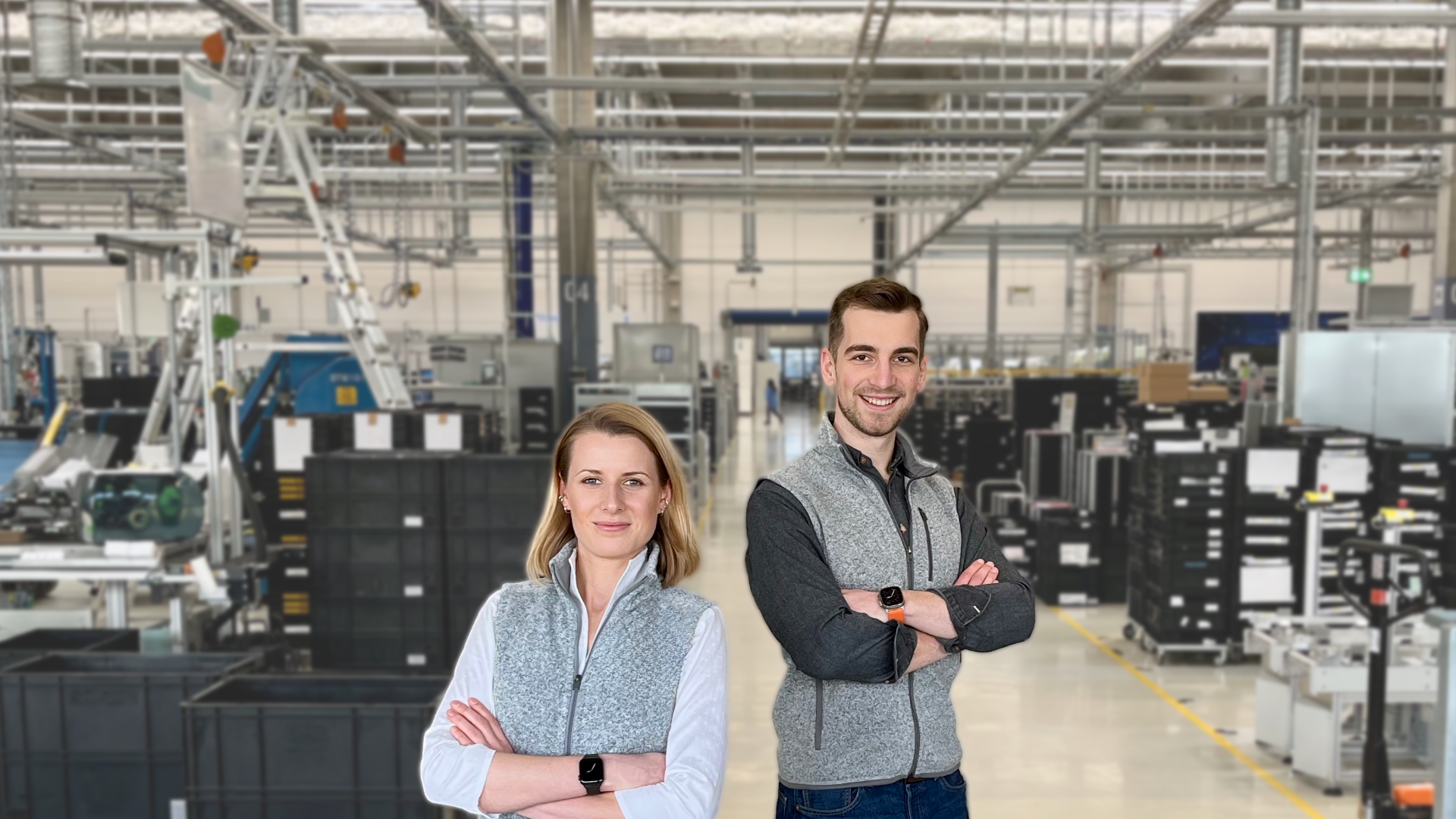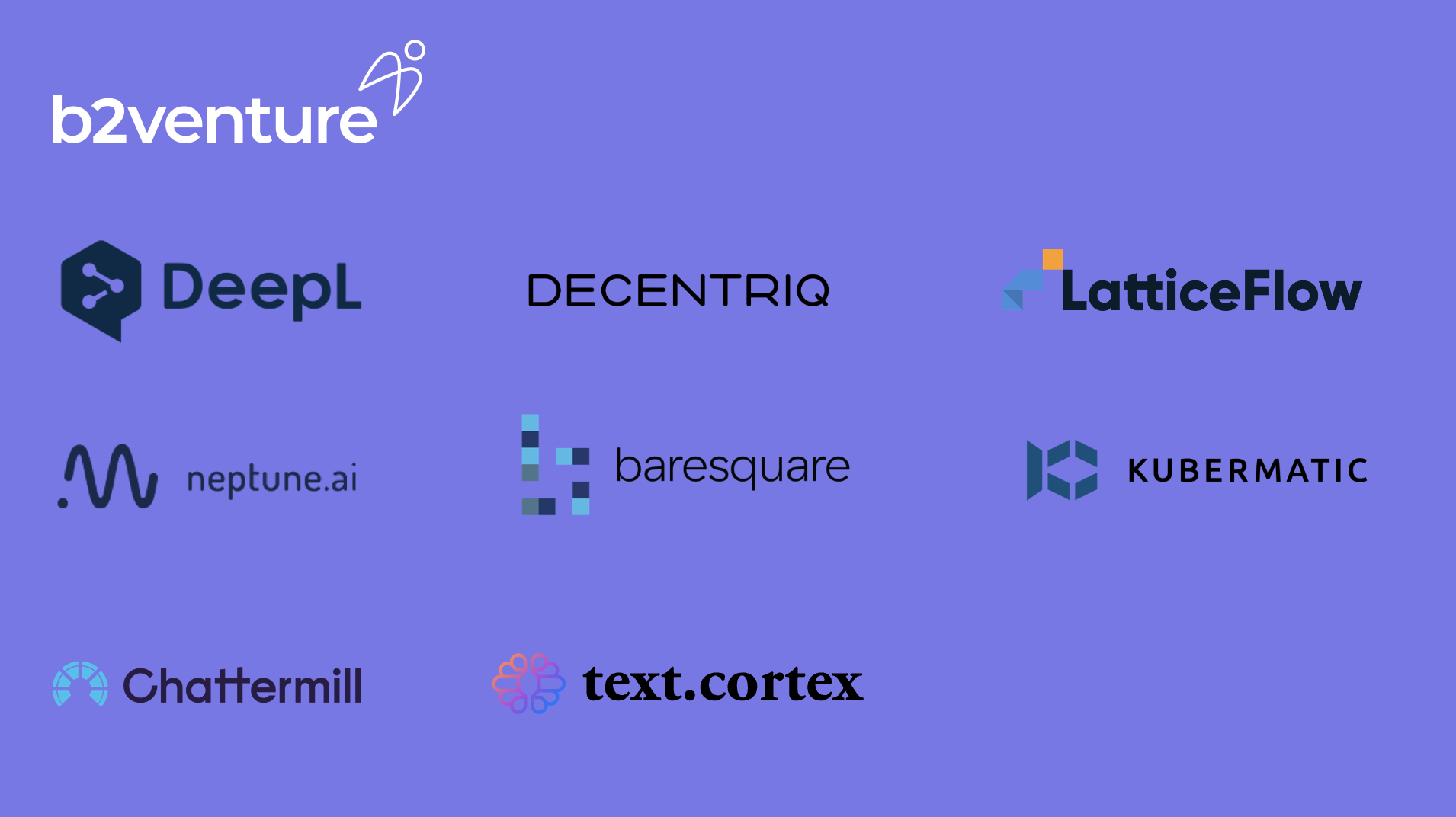Let’s put unicorns back in the playroom
Let’s put unicorns back in the playroom
Until recently unicorns were the stuff of fables and children’s stories. While the label has become a popular way to celebrate a startup that has reached a valuation of 1 billion dollars, it’s time for the ecosystem to move on. We need to retire the term and put this magical creature back in the playroom where it belongs.

When then-Fed Chairman Alan Greenspan uttered the phrase “irrational exuberance” in 1996, hinting that the stock market might be overvalued at the time, he coined a phrase that has since been used to describe bubbles of all types, not just the dot.com crash of 2000. We have seen this irrational exuberance again during the last few years with the explosive rise and fetishization of “unicorns” in the tech ecosystem: crossing the billion dollar valuation mark was supposed to be a signal of longevity and promise, but instead became a shorthand for hype and the heady expectations of growth. In many cases it has privileged scaling at all costs and left the thorny issue of true long-term competitiveness, unit economics, and profitability by the wayside.
The latest report by Atomico suggests that after 2021, when an incredible 105 unicorn companies emerged, we have reverted back to baseline in 2022, with “only” 31 being crowned as such by November of this year. That’s still more than what became visible in 2020, a sure sign that, beyond the hype, there are great new companies being built in Europe. Don’t get me wrong — we should celebrate the incredible advances the European ecosystem has made over the last several years, but we need a new metric going forward.
First of all, at a time of persistent inflation, heightened geopolitical tensions, and energy shocks, a billion dollars — or euros — will be worth much less in ten years time. More importantly, we need to build much larger companies that go well beyond a billion dollar valuation, if we are going to secure Europe’s place as a center of technological innovation. The energy transition alone is a large enough space for multiple companies doing billions of euros in revenue alone. Add to that the many AI startups making machine learning and AI technology applicable to a broad array of industries, and you can imagine many new multi-billion euro companies in a few years.
But to call these future leaders “unicorns”, “decacorns”, or “hectocorns” distracts us from what is truly important. While getting to 1 billion euros in revenue might be a necessary goal for an ambitious startup, becoming a unicorn with a particular enterprise value shouldn’t. Rather, the north star for every startup building a new product or service today should be quality. A quality product makes customers happy, solves major bottlenecks in novel ways, or completely rethinks a problem in an entirely new way, thereby enabling wholly different solutions.
A company that is serious about quality will take care that employees grow as well. In the best cases, entrepreneurs and employees will grow in lockstep with the company itself and create an entire new generation of experts and entrepreneurs. Of course there will always be a need for teams and personalities for the early phases of a startup’s growth path, who don’t stay on as the company matures. These folks are also crucial to the overall health of the ecosystem too.
That’s not to say that growth isn’t important. There are still many European companies growing too slowly. This is a problem in today’s extremely competitive global market environment, and that’s why a large ecosystem with more venture capital chasing the best ideas and entrepreneurs is crucial. Yet we should be chasing quality. The last ten years has demonstrated that there have been a host of promising startups that became the “fastest growing company in the world” without an adequate focus on unit economics. Here venture capitalists ended up subsidizing less than stellar business models and neglected the kind of value creation we should aspire to.
The most successful companies I have had the privilege to work with over the last 22 years do exactly the same thing — focus on delivering a high-quality product, while balancing the imperatives of growth and capital efficiency. If I have one wish for our ecosystem in 2023, it is for us to stop using the world unicorn, and talk more about what makes each company that finds success great, and what we can do to ensure more can not only survive the downturn, but thrive over the coming decade. We too often think too big for the short term and too small in the long run.
Until recently unicorns were the stuff of fables and children’s stories. While the label has become a popular way to celebrate a startup that has reached a valuation of 1 billion dollars, it’s time for the ecosystem to move on. We need to retire the term and put this magical creature back in the playroom where it belongs.

When then-Fed Chairman Alan Greenspan uttered the phrase “irrational exuberance” in 1996, hinting that the stock market might be overvalued at the time, he coined a phrase that has since been used to describe bubbles of all types, not just the dot.com crash of 2000. We have seen this irrational exuberance again during the last few years with the explosive rise and fetishization of “unicorns” in the tech ecosystem: crossing the billion dollar valuation mark was supposed to be a signal of longevity and promise, but instead became a shorthand for hype and the heady expectations of growth. In many cases it has privileged scaling at all costs and left the thorny issue of true long-term competitiveness, unit economics, and profitability by the wayside.
The latest report by Atomico suggests that after 2021, when an incredible 105 unicorn companies emerged, we have reverted back to baseline in 2022, with “only” 31 being crowned as such by November of this year. That’s still more than what became visible in 2020, a sure sign that, beyond the hype, there are great new companies being built in Europe. Don’t get me wrong — we should celebrate the incredible advances the European ecosystem has made over the last several years, but we need a new metric going forward.
First of all, at a time of persistent inflation, heightened geopolitical tensions, and energy shocks, a billion dollars — or euros — will be worth much less in ten years time. More importantly, we need to build much larger companies that go well beyond a billion dollar valuation, if we are going to secure Europe’s place as a center of technological innovation. The energy transition alone is a large enough space for multiple companies doing billions of euros in revenue alone. Add to that the many AI startups making machine learning and AI technology applicable to a broad array of industries, and you can imagine many new multi-billion euro companies in a few years.
But to call these future leaders “unicorns”, “decacorns”, or “hectocorns” distracts us from what is truly important. While getting to 1 billion euros in revenue might be a necessary goal for an ambitious startup, becoming a unicorn with a particular enterprise value shouldn’t. Rather, the north star for every startup building a new product or service today should be quality. A quality product makes customers happy, solves major bottlenecks in novel ways, or completely rethinks a problem in an entirely new way, thereby enabling wholly different solutions.
A company that is serious about quality will take care that employees grow as well. In the best cases, entrepreneurs and employees will grow in lockstep with the company itself and create an entire new generation of experts and entrepreneurs. Of course there will always be a need for teams and personalities for the early phases of a startup’s growth path, who don’t stay on as the company matures. These folks are also crucial to the overall health of the ecosystem too.
That’s not to say that growth isn’t important. There are still many European companies growing too slowly. This is a problem in today’s extremely competitive global market environment, and that’s why a large ecosystem with more venture capital chasing the best ideas and entrepreneurs is crucial. Yet we should be chasing quality. The last ten years has demonstrated that there have been a host of promising startups that became the “fastest growing company in the world” without an adequate focus on unit economics. Here venture capitalists ended up subsidizing less than stellar business models and neglected the kind of value creation we should aspire to.
The most successful companies I have had the privilege to work with over the last 22 years do exactly the same thing — focus on delivering a high-quality product, while balancing the imperatives of growth and capital efficiency. If I have one wish for our ecosystem in 2023, it is for us to stop using the world unicorn, and talk more about what makes each company that finds success great, and what we can do to ensure more can not only survive the downturn, but thrive over the coming decade. We too often think too big for the short term and too small in the long run.

The Author

Florian Schweitzer
Founding Partner
Florian Schweitzer is a founding partner of b2venture and part of the firm’s b2venture Fund Team. He co-founded the firm in 2000 and has led the organization throughout its history to become a unique venture capital firm investing across Europe together with its angel investor community.
Team





.jpg)












.png)




.jpg)
-min.png)


.jpg)














































.jpg)




















